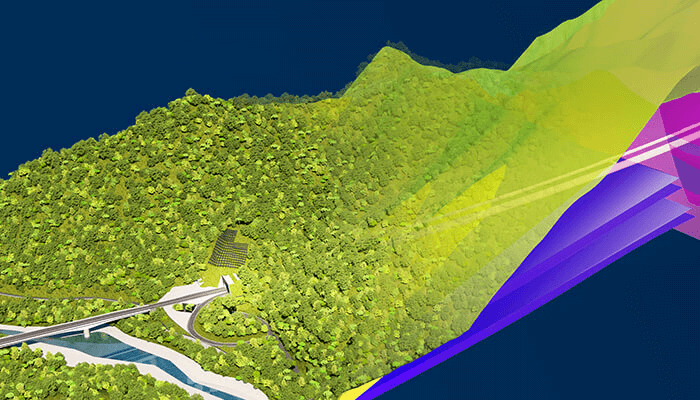Yes, the Obayashi, from their headquarter in Japan. And here are 5 things you may not know about this Japanese giant builder:
1. An over-120-year-old corporation
Established in 1892 in Osaka, Obayashi was rapidly involved in construction of facilities for various industries as well as national infrastructure, due to the facts that all Japanese industries were putting all effort into modernization after the Meiji Restoration.
2. Generated 17+ Billions USD revenue in 2017
With over 14,000 employee spreading among 14 countries all over the globe. This makes Obayashi become one of the 5 largest construction companies in Japan, including Shimizu, Taisei, Kajima, and Takenaka.
3. Who built the 2nd global tallest freestanding structure
Named Tokyo Skytree, which is a broadcasting, restaurant, and observation tower in Sumida, Tokyo, Japan. The tower was designed based on the following three concepts:
Fusion of neo-futuristic design and the traditional beauty of Japan.
Catalyst for revitalization of the city.
Contribution to disaster prevention – "Safety and Security".
4. Researched about BIM from 2008
Which was 4 years before the Vice Minister of the Ministry of Land, Infrastructure, Transport, and Tourism (MILT), Mr. Naoyoshi Sato, officially expounded "Recommending CIM".
Afterward in the Mikusa Tunnel project on Japan’s Kinki Highway Kisei Line, Obayashi comprehensively used a combination of Autodesk Revit, Civil 3D and Navisworks to build the tunnel, making it the first of many projects to use CIM for the entire building process.
The Mikusa Tunnel project relied entirely on 3D modeling, a first in Japan | Obayashi
5. A technology adopter and inventor
Oh yes, you did not read it wrong. Beside the irreversible BIM/CIM tendency, Obayashi also develops several proprietary technologies making unique advantages for them among others:
URUP (Ultra Rapid Under Pass) Method.
"Laputa 2D" Super-Active Vibration Control Technology.
"Eco-Navi" Optimal Combination of Energy Conservation Methods.
URUP (Ultra Rapid Under Pass) Method | Obayashi
"Laputa 2D" Super-Active Vibration Control Technology | Obayashi
"Eco-Navi" Optimal Combination of Energy Conservation Methods | Obayashi
And here are some selected pictures
of this strategic visit
Source:
https://www.obayashi.co.jp/en/
https://en.wikipedia.org/wiki/Tokyo_Skytree
http://www.forum8.co.jp/user/user108-e.htm
https://www.autodesk.com/redshift/construction-in-japan/










































Comments